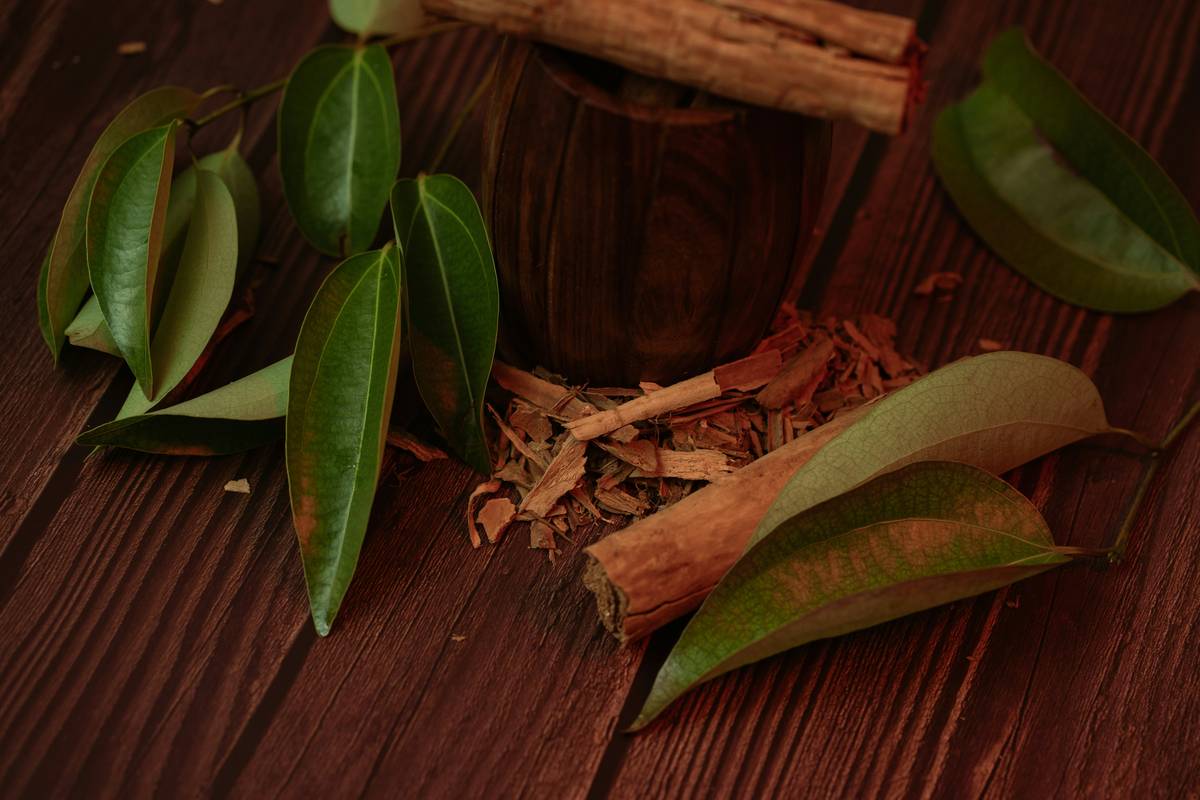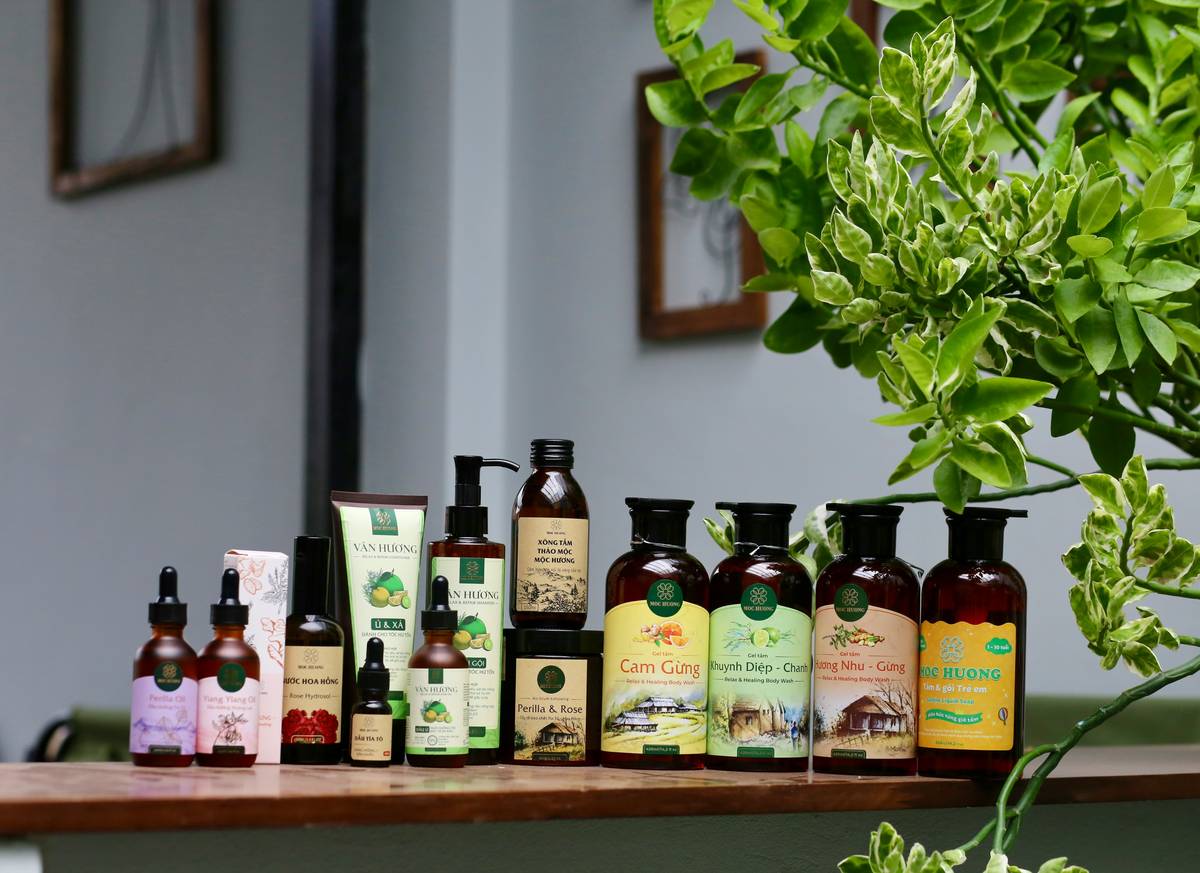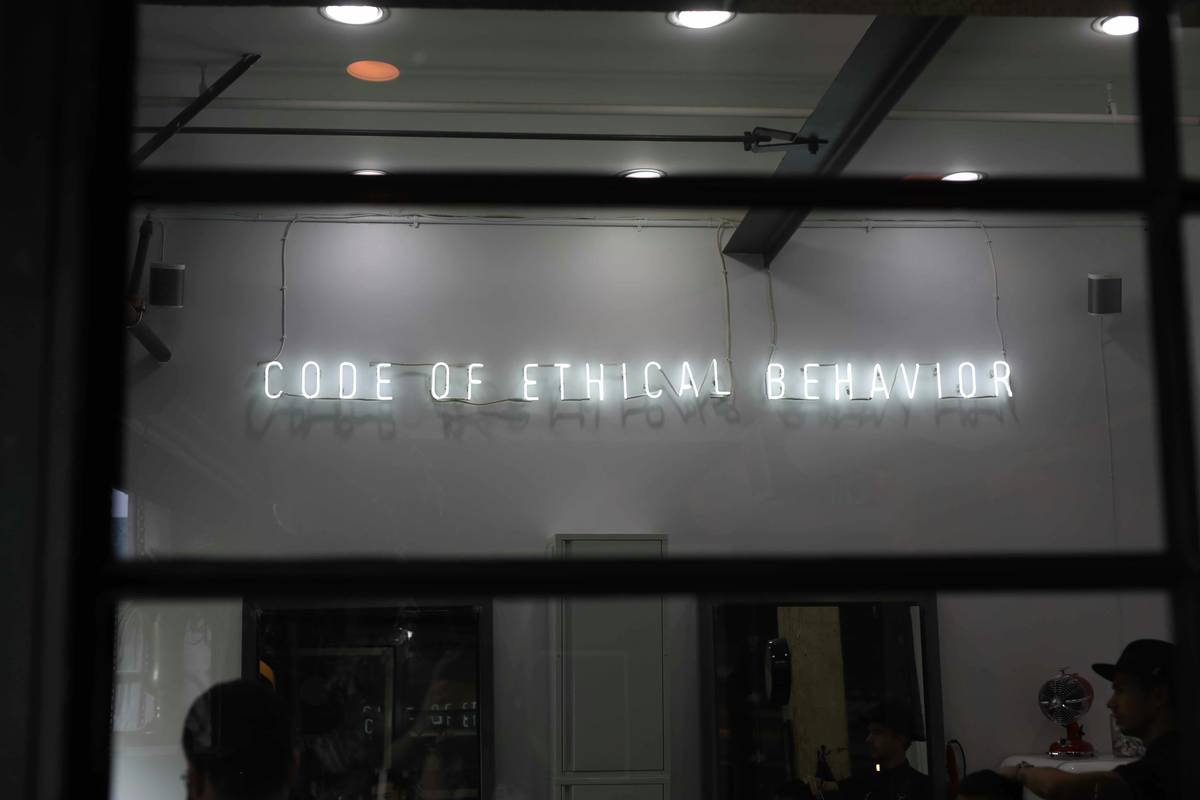Ever stared at the back of your favorite skincare product, only to realize you can’t pronounce half the ingredients? Yeah, us too. It’s no secret that clean beauty is trending—but what about the journey behind those “clean” labels? Let’s talk ethical skincare sourcing and how organic plants are paving the way for guilt-free glow-ups.
In this post, we’ll dive into why ethical skincare sourcing matters (hint: it affects both your skin *and* the planet), how to spot genuinely ethical brands, and actionable tips for creating a natural beauty routine rooted in sustainability. You’ll learn:
- Why ethical sourcing starts with organic plants.
- How to decode ingredient lists like a pro.
- The truth about certifications—and where they fall short.
- Real-life stories from eco-conscious skincare enthusiasts.
Table of Contents
- Why Ethical Skincare Sourcing Matters
- Step-by-Step Guide to Spotting Ethical Brands
- Best Practices for Natural Beauty Routines
- Case Studies: Success Stories in Organic Skincare
- Frequently Asked Questions About Ethical Skincare
Key Takeaways
- Ethical skincare sourcing prioritizes transparency, sustainability, and respect for workers and ecosystems.
- Organic plants are often gentler on the skin while being kinder to the environment.
- Understanding certifications like USDA Organic and Fair Trade ensures authenticity.
- Avoid greenwashing by scrutinizing claims critically and researching brands thoroughly.
Why Ethical Skincare Sourcing Matters
I once bought an overpriced serum labeled “eco-friendly,” only to find out later that its key ingredient was sourced through exploitative labor practices. Ouch—talk about a skincare fail!
The beauty industry churns out billions annually, yet so much waste and unethical behavior lurk beneath shiny packaging. Did you know conventional farming methods deplete soil health and release harmful chemicals into waterways? That’s why ethical skincare sourcing stands as a beacon of hope. By choosing products made with organic plants grown sustainably, you support:
- Biodiversity conservation.
- Fair wages for farmers.
- Reduced carbon footprints.

Step-by-Step Guide to Spotting Ethical Brands
Optimist You:* ‘If I just buy something labeled “natural,” I’m good, right?’ Grumpy Me: *‘Ugh, wishful thinking. Here’s what you *actually* need to do.’*
1. Decode Ingredient Lists
Rule #1? If the list reads like a chemistry textbook, proceed with caution. Look for recognizable names like aloe vera, rosehip oil, or chamomile extract. Bonus points if these come from certified organic farms.
2. Check Certifications
Not all labels are created equal. While certifications like USDA Organic and Leaping Bunny signal legitimacy, remember: even certified products aren’t always perfect. Always dig deeper.
3. Research Brand Values
Does the company walk the talk? Ethical brands share detailed reports about supply chains and community partnerships. Green flags include fair trade commitments and charitable initiatives.
4. Avoid This Terrible Tip
Buying solely based on pretty packaging = rookie mistake. Don’t get suckered in by trendy fonts or minimalist designs without verifying substance behind the style.
Best Practices for Natural Beauty Routines
To truly embrace ethical skincare, it’s not just about what you put ON your face—it’s also about HOW you care for it.
- Patch Test Everything: Even organic formulations can irritate certain skin types.
- DIY When Possible: Make masks using raw honey or oatmeal instead of store-bought alternatives full of preservatives.
- Recycle Responsibly: Properly dispose of empty jars and bottles to minimize landfill contributions.

Case Studies: Success Stories in Organic Skincare
Rant Alert: Ugh, don’t get me started on the number of companies passing off synthetic junk as “green.” Thankfully, some brands shine brighter than others.
Take Herbivore Botanicals, for instance. Their commitment to sustainable harvesting has earned rave reviews. Or Tata Harper, whose Vermont-based farm produces zero-waste botanicals used across her entire line. These success stories remind us that transparency isn’t impossible—it’s achievable when done right.
Frequently Asked Questions About Ethical Skincare
What Exactly Does Ethical Skincare Mean?
It means producing skincare responsibly—from harvest to shelf—prioritizing people, animals, and the planet.
Are There Any Drawbacks to Using Organic Plants?
While generally safer, organic doesn’t mean allergy-proof. Perform patch tests before use.
How Do I Spot Fake Eco-Claims?
Look for vague phrases like “green” or “all-natural” without third-party verification. Dig deeper!
Conclusion
Congrats—you’re now armed to navigate the world of ethical skincare sourcing like a pro. Remember: choosing organic plants isn’t just about better skin; it’s about making informed choices that align with your values. So go ahead—be bold, be green, and embrace the glow inside AND out.
And hey, here’s your final reward:
“Aloe-vera soothes skin,
Earth breathes easier, sun shines bright—
Skincare meets soul care.”


